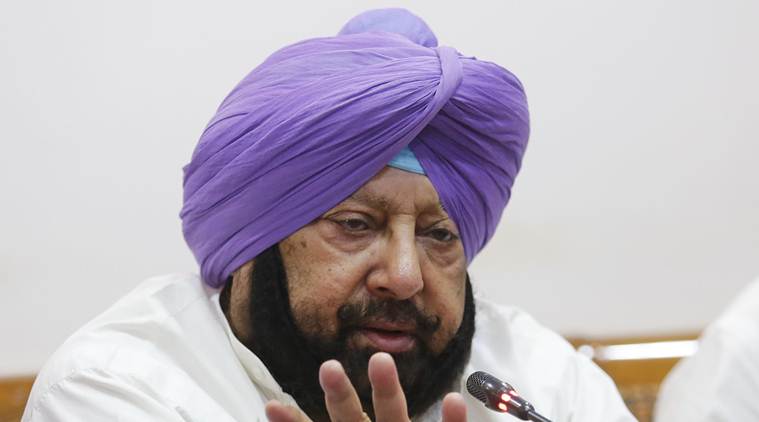 Punjab Chief Minister Captain Amarinder Singh. (File photo)
Punjab Chief Minister Captain Amarinder Singh. (File photo)
“In many ways, Punjab presents a unique political landscape and fares better as compared to other states in imposing a truly federal structure of politics,” said Panjab University’s Professor Ashutosh Kumar during a panel discussion on Punjab’s exceptionalism in India’s electoral politics at the national seminar organised by the varsity’s Political Science department.
The seminar, which ended on Friday, focused on understating electoral politics at the state level, particularly in the context of the 2019 general elections.
“Though we see a rise of identity politics everywhere, Punjab has traditionally resisted such clear cut identity politics rhetoric, because it is home to an identity influenced not only by caste and religion, but also by language and script,” said Kumar, in a conversation with Newsline after his presentation ended. “For example, even though it has more than 30 per cent population of the scheduled castes; caste assertion has been limited in the state, which leads to a narrow social basis for political power. This is unlike most other states in the region where caste is consolidated clearly through identity politics,” added Kumar.
The political scientist claimed that the lack of assertion could be a result of religious identities masking caste identity. “Since there are different religions with scheduled castes, it could lead to a division in the group, where each caste has a separate identity on the basis of their religion, diluting the possibility of caste assertion across religious identities,” explained Kumar.
Speaking on the federal structure of politics in Punjab, Kumar said that the state showcases strong state-level politics in three ways. “First, it exemplifies the rise of state-level leadership, then the rise of the state-level party and furthermore, the rise of an autonomous state unit of a national party,” said Kumar. Citing the example of Shiromani Akali Dal as evidence for the emergence of strong state-level parties in Punjab, Kumar also spoke on the role that Congress plays in Punjab to highlight how national level parties can function autonomously in the state.
“The Congress for example works distinctly as compared to the rest of the party in Punjab. This can also be seen by the power CM Captain Amarinder holds. He is the face and the state-level leadership that Punjabi’s associate with the Congress, and not national-level leaders such as any of the Gandhis,” said Kumar. “On many occasions, Capt Amarinder has taken decisions of his own, without seeking the approval of the national-level congress leaders. That is a unique facet of Punjab politics,” added Kumar.